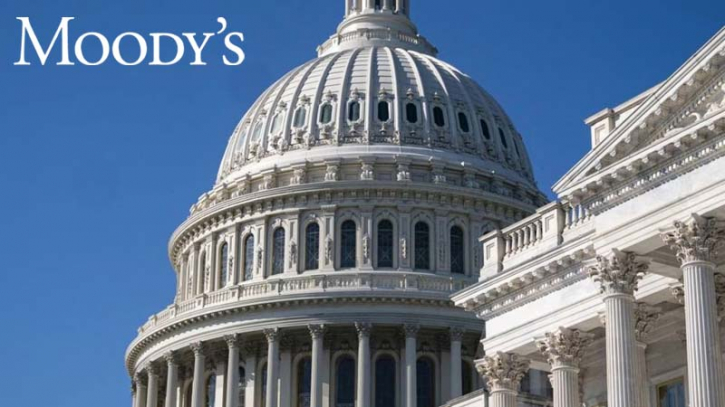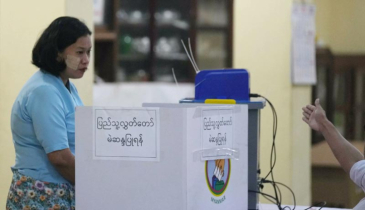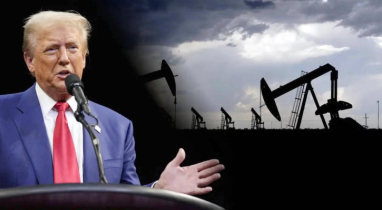Moody's warns US government shutdown would be credit negative

Credit rating agency Moody's issued a warning on Monday, stating that a government shutdown in the United States would have a detrimental effect on the country's creditworthiness.
Moody's emphasized that while a government shutdown would not affect government debt service payments, and a brief shutdown would probably not disrupt the overall economy, it would underscore the weaknesses in the United States' institutional and governance structures when compared to other Aaa-rated sovereign nations, as the agency has previously highlighted.
The statement from Moody's noted, 'In particular, it would demonstrate the significant constraints that increasing political polarization imposes on fiscal policymaking, especially during a period of declining fiscal strength marked by widening fiscal deficits and worsening debt affordability.'
According to the rating agency, a potential government shutdown would have the most significant impact on entities that heavily rely on federal funding for their revenue or debt servicing payments.
Additionally, certain sectors, such as defense contractors, municipal issuers, mass transit systems, and specific municipal housing sector bonds that depend on annual federal appropriations, could also experience repercussions in the event of a government closure.
Moody's analysis suggested, 'The economic consequences of a shutdown would likely be temporary and concentrated in areas where the government has a substantial presence, with limited effects on the broader US economy and its GDP growth.'
'The most immediate impact would be seen in reduced government spending, which would have a direct and immediate effect on the consumption and expenditures of federal employees and contractors affected by the shutdown,' the statement added.
The warning from Moody's serves as a reminder of the potential financial consequences associated with political gridlock and government shutdowns, urging policymakers to prioritize fiscal stability and avoid disruptions that could negatively impact the nation's credit outlook.
.png)









